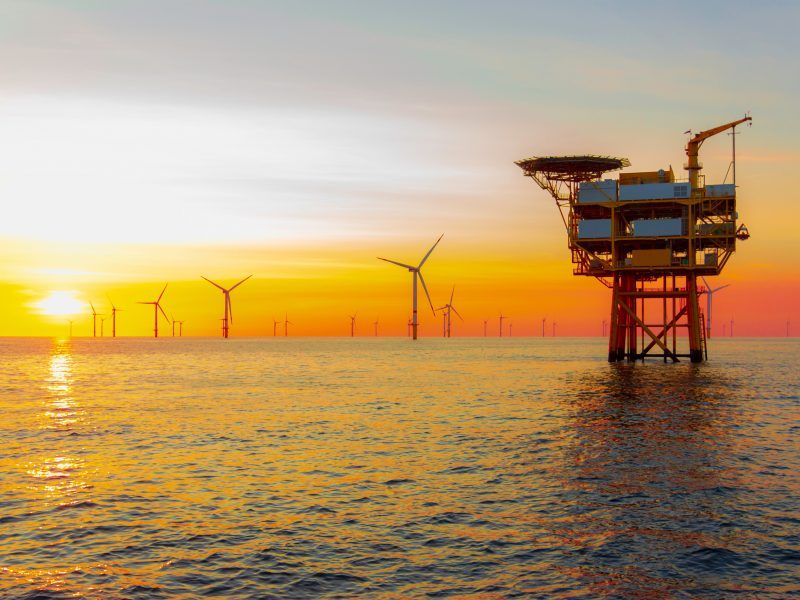The US Presidency highlighted that the growing demand for clean energy technology creates significant opportunities for US companies.
Considerable resources and a well-trained workforce have enabled American companies to be world leaders in a wide range of industries.
As a Panel of National Academies recently noted, the United States has «abundant supplies of every type of low-carbon energy resource,» making the country well-positioned for a net-zero emissions economy.
In the global race to develop, deploy, and export new technologies, the rapid growth in global demand for clean energy technologies and other climate solutions creates significant opportunities for American businesses.
Clean energy
Government support could enhance the ability of US companies to compete effectively in emerging global markets for clean energy technologies and other climate solutions, in a global context in which other countries provide support to their own domestic companies through of the energy transition.
So climate policies can be designed to take advantage of opportunities to create a stronger and more equitable US economy, including overcoming market failures and reducing pre-existing economic inequalities and distortions.
The White House raised the following particular points:
Overcome market failures
Without policy support, the private sector will underinvest in certain actions that provide high social benefits, including technological progress and public infrastructure.
Therefore, targeted investments in innovation and infrastructure have the potential to boost the economy, while accelerating the transition to a net zero emissions economy.
Sea level rise and more powerful storms provide additional motivation to invest in protective infrastructure to avoid localized economic impacts.
Reduce inequities
Addressing inequalities in the economy is a key policy priority of the Biden Administration, and the damage caused by fossil fuel emissions disproportionately harms low-income and historically marginalized populations.
A recent panel of National Academies estimated that approximately $2 trillion in incremental capital investment must be mobilized by 2030 to put the United States on track to achieve the goal of net-zero emissions by 2050.
Some of these investments can be targeted in ways that promote economic development and create high-quality employment opportunities, particularly in distressed and disadvantaged communities.
Reduce inefficiencies
Climate policies can provide opportunities to improve the efficiency of the economy. Reducing subsidies for the production and consumption of fossil fuels could reduce emissions and improve economic efficiency at the same time.
Another example, long studied in the economics literature, is the opportunity to implement market-based climate policies that raise revenues and then use those revenues to improve productivity.
![]()

